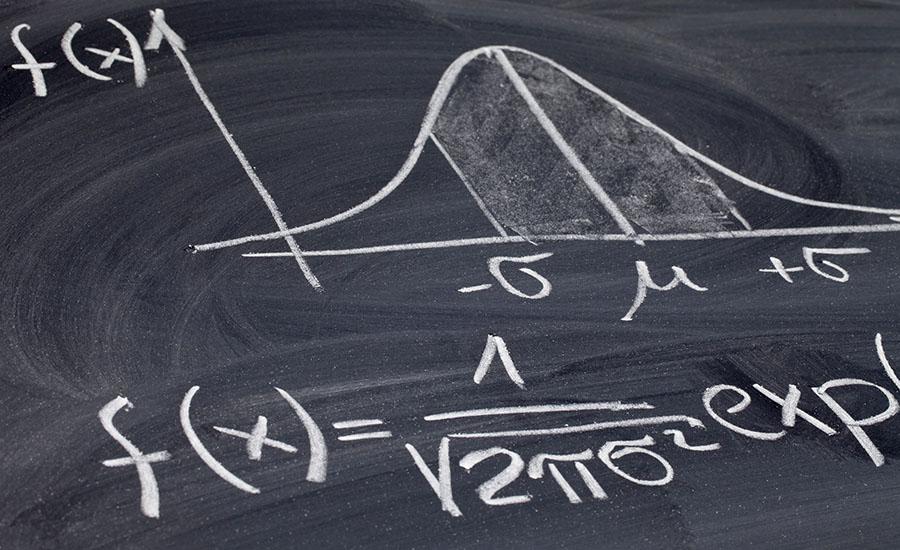Students will test the relationships between mass, speed, and kinetic energy using a toy skateboard.
In this STEM Challenge, the student’s task is to listen/read the story "Not a Box" by Antoinette Portis and use their imagination to create their own unique designs and structures using simple
What are the parts of a plant? What is pollination? What parts are involved in pollination? What happens when a bee or another pollinator flies from flower to flower? Why is pollination important? How
Students will be creating their own arcade games with recycled materials. One idea can change the world! During this activity students will be going through the engineering design process.
Students engage in science, math, and technology skills to analyze and interpret data about rain and weather across different regions.
After completing a ratio table and researching the benefits of the ingredients in chicken feed, students will now be able to build a bag of chicken feed for a local farmer!
This activity walks students through the basics of using the 3D modeling software TinkerCAD and how to transfer their image to a 3D printer.
This lesson walks students through reimagining a schoolyard space by calculating scale model and creating scale objects.
This lesson compares and contrasts different hydroponic systems and their benefits and setbacks. Then, the plan walks the students through the hands-on activity of creating a Kratky bin for hydroponic
Stage 2 of a 4-stage project. Students will continue to research the pros and cons of small farms. Students will revisit their original farm drawing, ensuring they have different key features, and
Stage one of a 4 stage project. Students will research crops and seasons to create a blueprint that will serve as the guidelines for building a small functioning farm.
This lesson plan walks you through our engineering of a garden box and extended lesson of our plant growth.
This lesson is a fantastic way to introduce physical and chemical properties. It includes hands-on stations activities. In this lesson, students will be able to really see the properties of matter at
This is session 4 of a 4 session unit on innovative thinking, agricultural engineering, and farm model making. This is the second session of hands-on farm model making. Students will work with a
This is session 3 of a 4 session unit on innovative thinking, agricultural engineering, and farm model making. In this session students begin to work with a partner or small group to construct their
This is session 2 of a 4 session unit on innovative thinking, agricultural engineering, and farm model making. This session introduces students to agricultural engineering. It discusses how due to a
This is session 1 of a 4 session unit on innovative thinking, agricultural engineering, and farm model making. The first session introduces students to Dr. Temple Grandin, a creative thinker who has
This is a modified version of the popular Birthday Polynomial project for Algebra 2/ Pre-Calculus. Students create and analyze a polynomial and its first and second derivatives using technology.
Students who have been studying logarithms can apply them using a chemistry lab to discover the pH of acetic acid (white vinegar) and even compare this to other acids.
Students will use jelly beans to model the variation that results from sexual reproduction. They will use Punnett Squares to practice probability.
Students are put into groups of 3 or 4. As a group they create an animal cell model and then create a slide show naming and describing the organelles of an animal cell.
This lesson takes place in a classroom over two weeks. Students may work in small groups of 2-3. Prior to the robotics challenge, teachers should facilitate student discussion through guided lessons
Students use a constant velocity, battery powered vehicle to determine the relationship between position and time. They use their results to determine the formula for speed (change in position/time).
This ice core activity takes place within a lesson on climate change that utilizes PBS Learning Media. The teacher will build ice cores for students to investigate and gather data. Students will use
Featured Lesson Plans
Check out these notable lesson plans.

Arizona Animal Crossing
In this lesson, students use the engineering process to solve a real-world problem along the I-10 in Arizona. Students analyze data about roadkill along a particular stretch on the I-10 just outside

Go through different STEM, reading, and writing activities with Roz and her friends in The Wild Robot. Students will problem solve, participate in discussions, and learn about artificial intelligence

